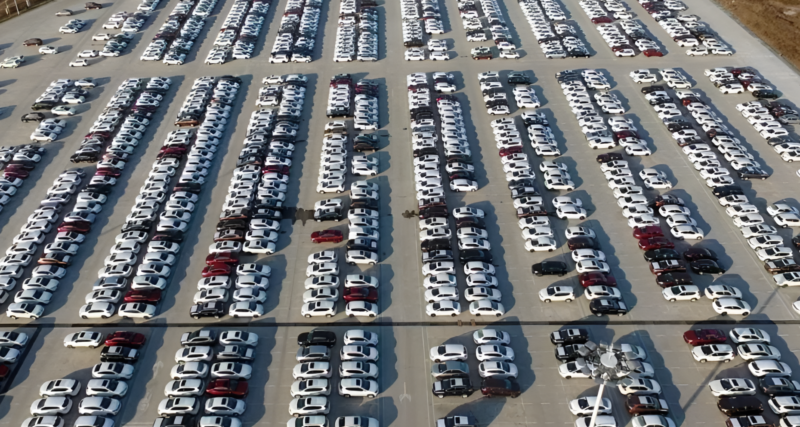A growing controversy has emerged in China’s automotive sector over so-called “zero-kilometre used cars”—vehicles that have been registered but never driven, now flooding the second-hand market. Industry voices like Great Wall Motor Chairman Wei Jianjun are speaking out, and this practice is drawing criticism for distorting sales data, misleading consumers and undermining long-term market stability.
The hidden story behind clean numbers
The core of the “zero-kilometre used car” phenomenon lies in a process where new vehicles are registered as sold, often to affiliated dealers or third-party platforms, and then resold as used cars despite having little to no mileage. This manoeuvre serves multiple purposes: helping automakers hit sales targets, enabling dealers to offload unsold stock, and, in some cases, taking advantage of subsidies or export policies tied to vehicle registration status.

Analysts point out that this practice is closely linked to systemic challenges in the industry. Overcapacity remains a pressing issue, with national passenger car inventory reaching 3.5 million units in April 2025. Some manufacturers operate at less than 50% capacity utilisation, prompting aggressive tactics to relieve inventory pressure. Additionally, intense price wars and a reliance on government subsidies, particularly in the new energy vehicle (NEV) sector, have created conditions ripe for such opaque sales strategies.
Consumer risks
While these vehicles are often priced attractively — sometimes 30% below the original MSRP — they carry significant hidden risks. Warranties usually begin at registration, meaning buyers may lose months of coverage. Some models also come with unpaid loans or unclear ownership histories, exposing consumers to potential legal and financial issues.
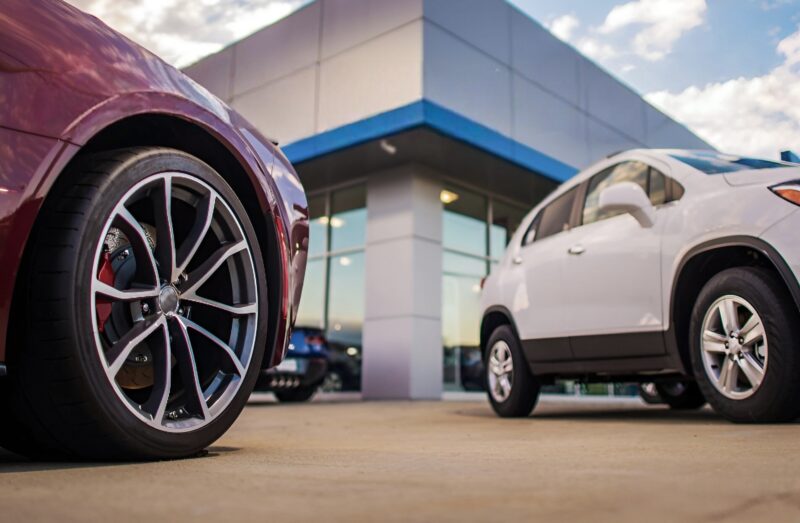
Market analysts warn that the long-term consequences go beyond individual transactions. Artificially inflated sales data can mislead investors, obscure market demand, and distort competition. For instance, second-hand prices for models like the BYD Qin L have plunged 30-40% below their official list prices, triggering a domino effect across competing models and contributing to a broader collapse in price expectations.
Regulatory attention and industry response
In response to the growing concern, China’s Ministry of Commerce held a high-level meeting on May 27 with key players, including BYD, Dongfeng, and used car platform Guazi. The discussions centred on tightening oversight of used car transactions and cracking down on fraudulent sales reporting. Officials are reportedly considering frameworks similar to the U.S. Securities and Exchange Commission’s approach to “channel stuffing,” a financial manipulation tactic where companies overstate revenue by pushing excess stock into distribution channels.
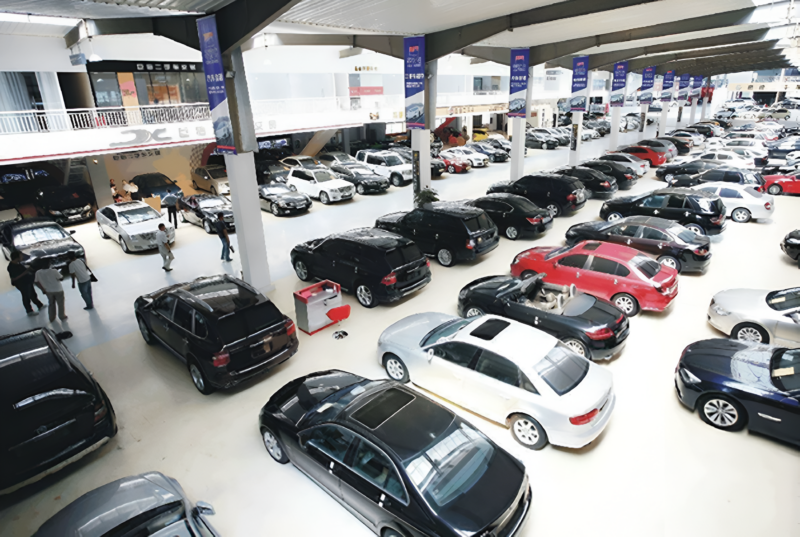
Industry experts advocate for a shift away from short-term tactics. Recommended strategies include rebalancing production planning, enhancing transparency in vehicle histories and warranties, and expanding regulated second-hand vehicle exports to overseas markets such as Russia to relieve domestic pressure.
How to spot a zero-kilometre used car
Consumers are advised to scrutinise listings marked as “almost new” and compare them against official pricing to avoid being caught off guard. A steep discount of over 30% could indicate that the car is a zero-kilometre used vehicle. Buyers should use vehicle identification numbers (VINs) to verify registration dates, service records, and insurance claims. Opting for reputable dealers, demanding written warranty agreements, and ensuring all financial obligations on the car are cleared are also critical steps.
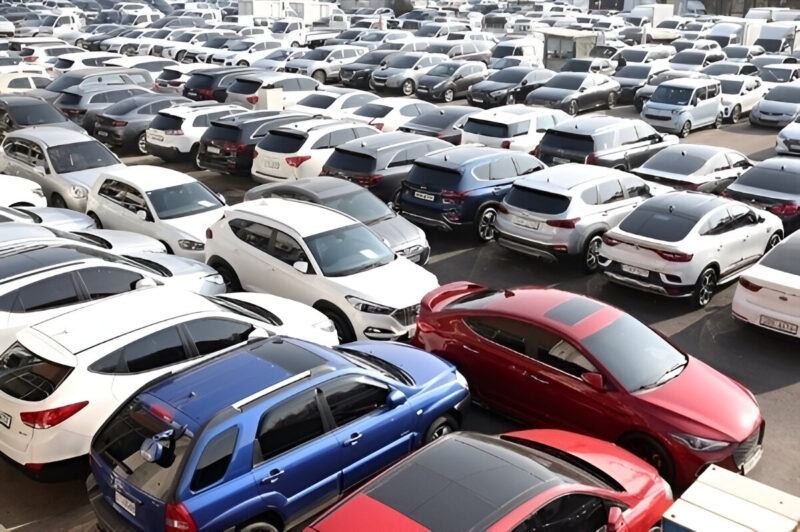
When price differences are marginal — below 15% — experts recommend sticking with new vehicles to retain warranty coverage and peace of mind. However, in cases where steep discounts outweigh the loss of benefits, buyers must tread carefully and weigh the trade-offs.
The bigger picture
Although some argue that the rise of zero-kilometre used cars is a natural market response to oversupply, many in the industry see it as a dangerous shortcut. Wei Jianjun and others have called for a return to fundamentals: innovation, product quality, and consumer trust. Without systemic reform, reliance on these tactics risks eroding brand equity and fueling a cycle of price erosion and distrust.
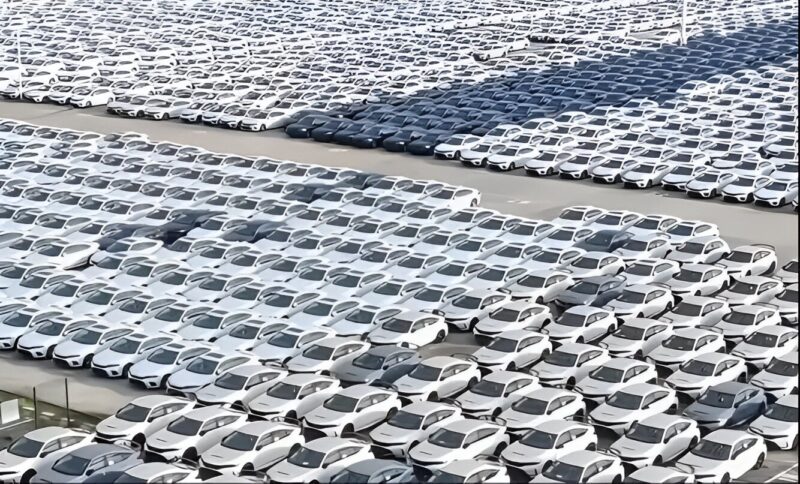
As the industry undergoes a painful transition marked by restructuring and policy tightening, the zero-kilometre used car model’s future will hinge on regulatory action and corporate self-restraint. For now, the burden of caution falls heavily on the consumer.



